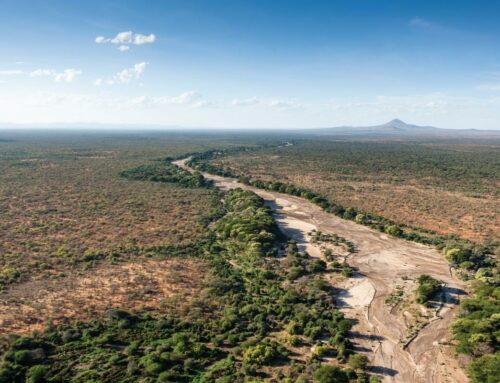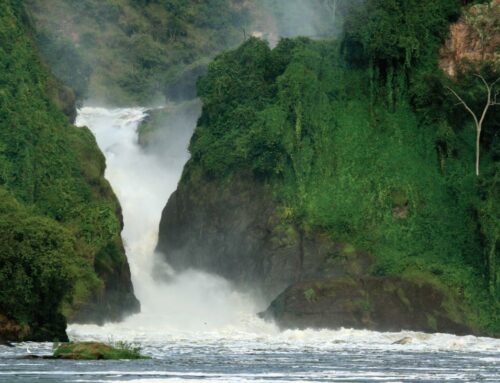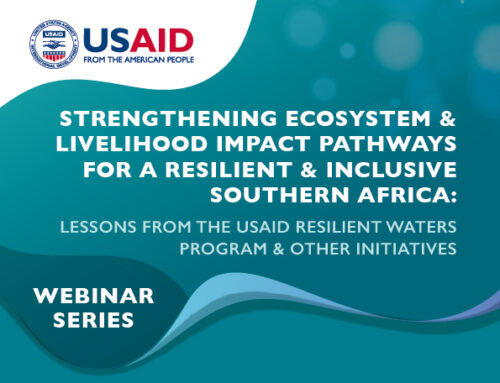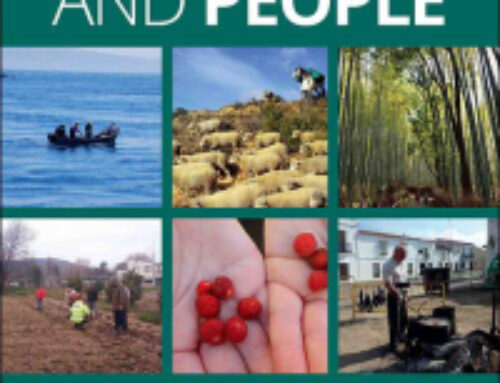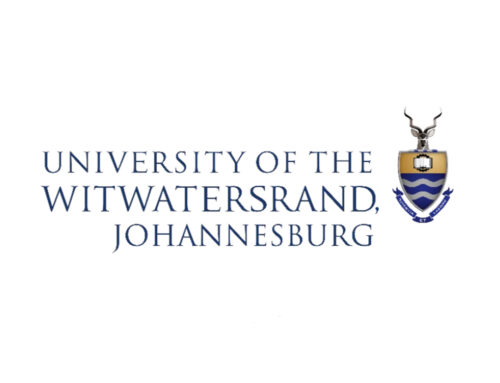The Supporting Partnerships and Networks Project (SPaN), in collaboration with the ARUA Centre of Excellence on Climate and Development (ARUA-CD), has developed an invaluable resource tailored to the needs of early-career researchers involved in landscape management and governance.
Addressing critical gaps in existing training and curricula, this course, titled “Multistakeholder Collaboration for Equitable and Climate-Resilient Landscapes,” seeks to empower students, researchers, and practitioners with the knowledge and skills necessary to engage in meaningful and impactful landscape collaboration processes.
This free and open-access course adopts a social justice lens, providing participants with a comprehensive overview of key insights from research on landscape governance and management in Africa. The course combines theoretical foundations with practical guidance, enabling learners to apply the concepts in real-world scenarios. Its structure encompasses the following modules:
Module 1: Establishing the importance of multistakeholder collaboration within landscape approaches through theoretical and conceptual contexts.
Module 2: Delving into the theoretical basis of “social” principles essential for successful stakeholder engagement.
Module 3: Highlighting the significance of contextual landscape assessments and stakeholder mapping exercises, accompanied by various techniques for conducting them effectively.
Module 4: Taking a pragmatic approach, this module focuses on developing crucial skills often overlooked in academic training, such as designing, preparing for, planning, and facilitating multistakeholder engagements.
Course Material: Participants have the flexibility to work through the material at their own pace and customize their learning experience. The course material is available online on Thinkific, allowing for immediate access, or it can be downloaded for offline viewing (simply use the download button provided for each lesson).
To learn more about this transformative course, please refer to the course brochure available here. Access to the course can be obtained by clicking here.








